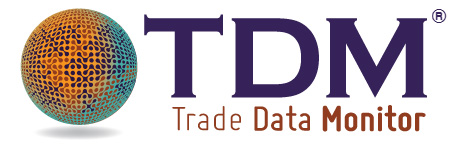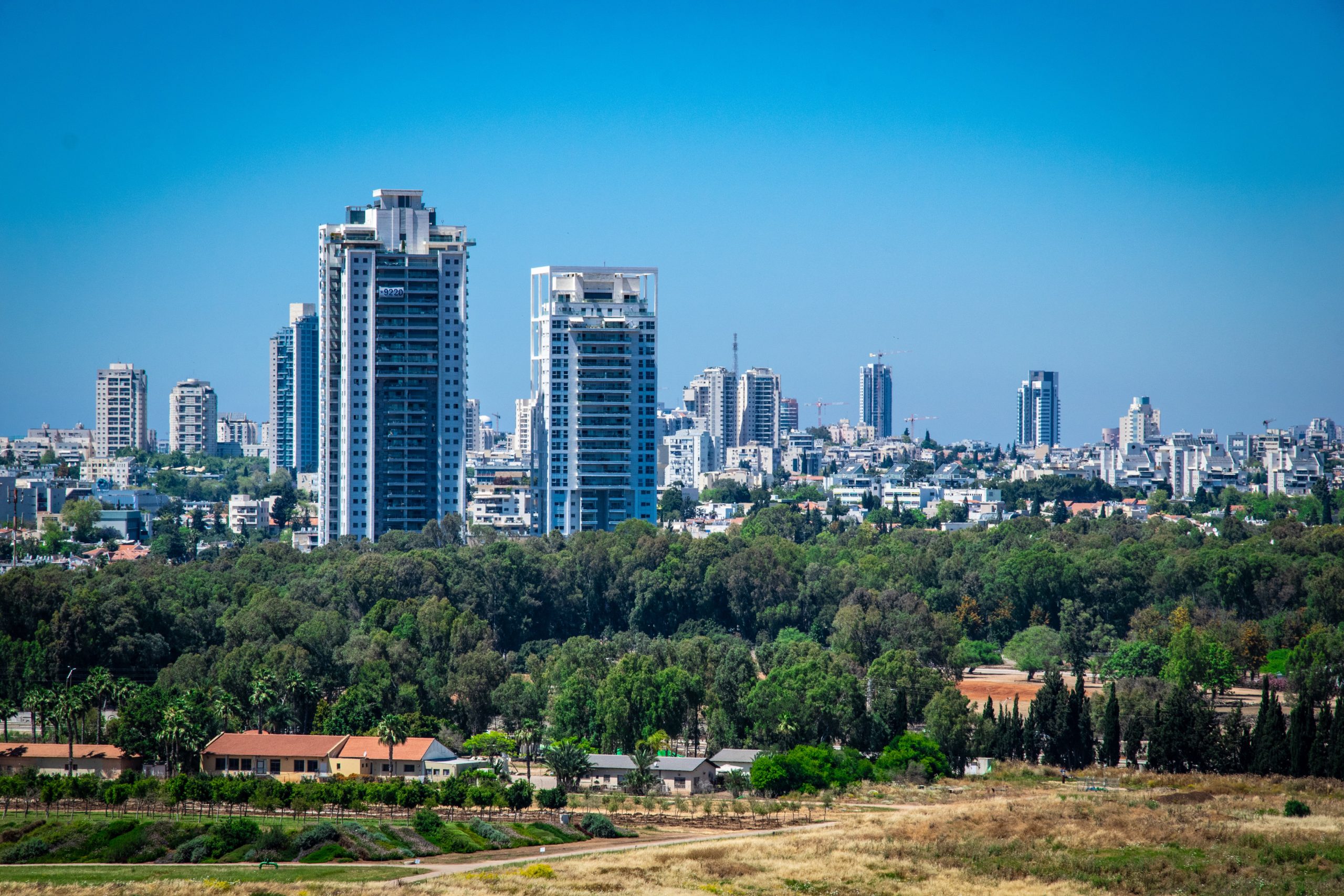Like other Meditereanen and Middle Eastern countries, Israel has been diligently diversifying exports, and is now seeking out new markets for trade growth. Israeli manufacturing and logistic firms, and export promotion agencies and the government, have been finding new markets and opportunities, creating a pathway for Israeli companies to compete around the world.
The new mix means Israeli is no longer quite so dependent on exporting diamonds, nuts and dates, and services like security. (By value, it currently exports more than twice as much in services as in goods.) Thanks to new investments, the country of 9.1 million, which has a gross domestic product of around $400 billion, has ramped up exports of medical devices, and high-tech goods including processors, circuit boards and television parts, according to an analysis by Trade Data Monitor, the world’s top source of trade statistics. Israel has also boosted exports of organic chemicals, plastics and pharmaceuticals.
To be sure, Israeli is an established player on international trade markets, with a well-oiled logistics network of roads, ports and transportation hubs. In 2020, there were nine countries to which Israel ships at least a billion dollars a year of goods. The top markets for Israeli exports: the U.S., China, India, Netherlands, Belgium and Turkey.
What’s changing, TDM data shows, is that Israeli is no longer quite so dependent on a cluster of traditional exports such as diamonds, which in 2020 was still its second biggest export by value at $2.5 billion, fertilizers, and agricultural commodities such as dates and nuts.
The new wave of Israeli exports is being driven by high-tech companies. Shipments of electronics such as circuit boards, radar equipment and transmitters increased 15% to $2.9 billion in the first four months of 2021. The biggest markets for Israeli high-tech equipment over that time were the U.S., China, and India. Shipments of medical devices used for diagnosis, surgery and analysis increased 31% to $2.3 billion. Israel’s biggest market for these medical devices in the first four months of 2021 was the U.S., which bought $538.5 million worth, but the fastest-growing markets were in Asia and Europe. Shipments to China increased 68% to $414.4 million, and exports to South Korea rose 128% to $232.4 million. Impressively, Israel is now the world’s fifth top supplier of medical devices to South Korea, behind only U.S., Japan, China, and Germany. Exports of this gear to Germany increased 17% to $114.9 million.
Where else could Israeli companies find markets for medical devices? The world’s fastest-growing markets for these medical devices in 2020, according to TDM, included Ukraine (up 41% to $427.9 million); Argentina (up 38% to $471.7 million); and Chile (up 37% to $514.7 million).
Only a small fraction of Israeli exports go to South America. In 2020, around 35% of Israeli exports went to Europe; 31% went to North America; and 28% to Asia.
And Israeli still has a strong agriculture sector, but those exports are worth a fraction of high-tech shipments. In 2020, for example, Israel exported $235.7 million of dates; $59.9 million of avocados; and $27.8 million of guavas, mangoes And mangosteens. The biggest markets for these fruits: France, followed by Netherlands, UK, and Russia.
There are plenty of reasons for Israeli companies to be optimistic. Israeli exports of pharmaceutical products increased 44% to $740.6 million in the first four months of 2021, according to TDM. And in May, the Israeli government signed a free-trade deal with South Korea, and it’s negotiating similar arrangements with China, Vietnam and India.


